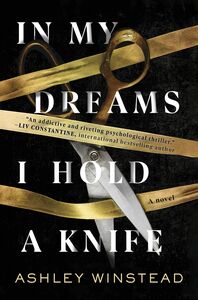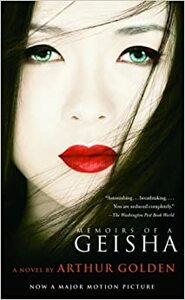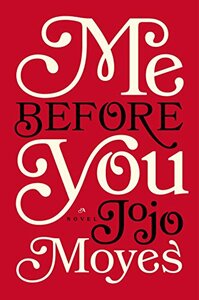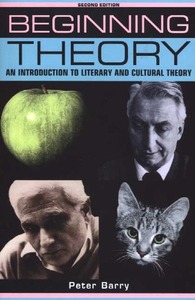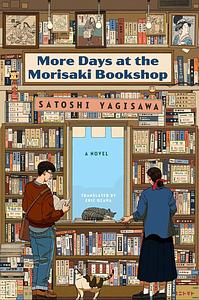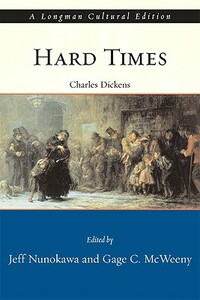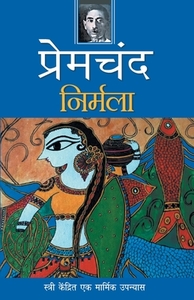Take a photo of a barcode or cover
sugar_popppp's Reviews (172)
The story is really beautifully written, and it never feels like any part is rushed, but I also absolutely hate the author.
The story of Geisha is about a normal girl—how she became the best geisha of her time, fell in love, and lived a satisfying life despite going through so many hardships, from being orphaned, to loneliness, to depression, and even surviving World War II.
Now, what is a geisha?
Geishas are female entertainers who are highly skilled in dance, music, reading, writing, public speaking, etc. They often start their training from a very young age and work extremely hard to become successful geishas. They usually lead their lives with the support of patronage from powerful men. However, thanks to Western culture, they are often wrongly portrayed as sex workers (yes, just like in Heeramandi), but that’s not the case. In fact, parents often willingly send their daughters to become geishas.
Now, why do I hate the author? Well, it’s because for this book, Arthur Golden interviewed a famous geisha of the time, Mineko Iwasaki, under the condition that he would not disclose her identity. In geisha culture, you're not supposed to talk about your personal life or work with outsiders. But, as usual, the author betrayed her and went on to thank her in his acknowledgements. The story also includes many parallels to Mineko's life.
Now, the book definitely sexualized the profession. I don’t know how much of it is true, but it clearly catered to the West, where there was already a preconceived notion that geishas were prostitutes. This book acted like fuel to that belief, and it became a bestseller. On the other hand, in Japan, people hated the book and criticized both the author and Mineko. She even started receiving death threats. Later, she sued the author and also wrote a book to share her side of the story. It’s called Geisha of Gion.
There’s also another book by a different author, Liza Dalby, which gives more insight into the profession. It’s titled Geisha.
The story of Geisha is about a normal girl—how she became the best geisha of her time, fell in love, and lived a satisfying life despite going through so many hardships, from being orphaned, to loneliness, to depression, and even surviving World War II.
Now, what is a geisha?
Geishas are female entertainers who are highly skilled in dance, music, reading, writing, public speaking, etc. They often start their training from a very young age and work extremely hard to become successful geishas. They usually lead their lives with the support of patronage from powerful men. However, thanks to Western culture, they are often wrongly portrayed as sex workers (yes, just like in Heeramandi), but that’s not the case. In fact, parents often willingly send their daughters to become geishas.
Now, why do I hate the author? Well, it’s because for this book, Arthur Golden interviewed a famous geisha of the time, Mineko Iwasaki, under the condition that he would not disclose her identity. In geisha culture, you're not supposed to talk about your personal life or work with outsiders. But, as usual, the author betrayed her and went on to thank her in his acknowledgements. The story also includes many parallels to Mineko's life.
Now, the book definitely sexualized the profession. I don’t know how much of it is true, but it clearly catered to the West, where there was already a preconceived notion that geishas were prostitutes. This book acted like fuel to that belief, and it became a bestseller. On the other hand, in Japan, people hated the book and criticized both the author and Mineko. She even started receiving death threats. Later, she sued the author and also wrote a book to share her side of the story. It’s called Geisha of Gion.
There’s also another book by a different author, Liza Dalby, which gives more insight into the profession. It’s titled Geisha.
Such a pretty and beautiful book, it's heaven for people who love annotating, it's one of the best internet recommendations so far.
Definitely very useful for English literature students.
